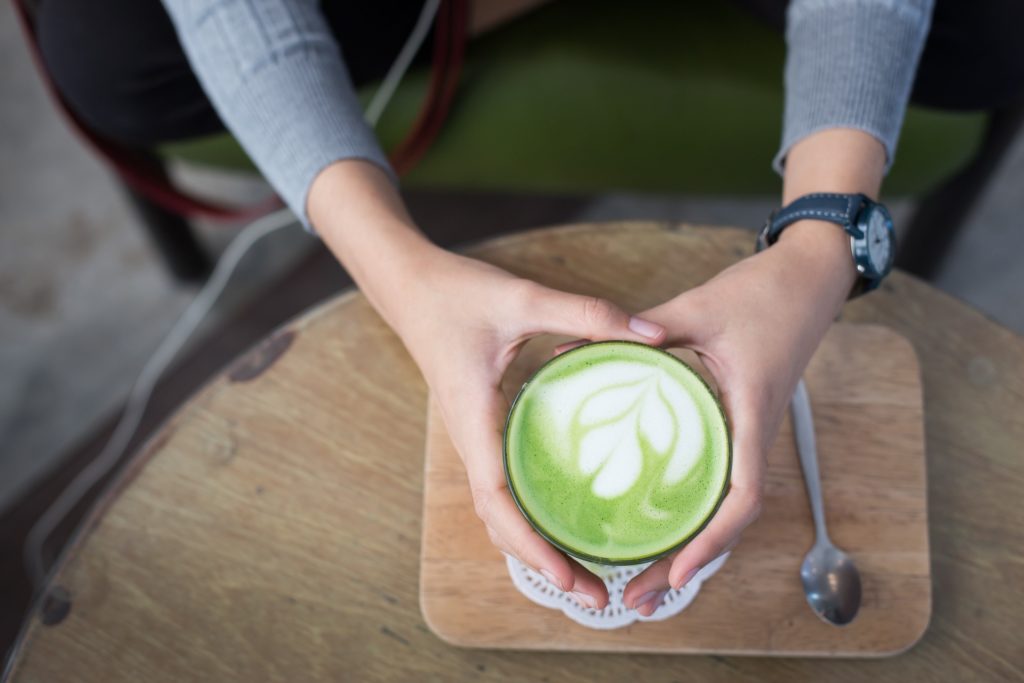The maker of the iconic KitKat bar and Maggi instant noodles is taking a turn towards personalized nutrition. Nestlé SA, the world’s largest food company, has launched a new health program in Japan that utilizes DNA testing, artificial intelligence (AI) and Instagram to create a personalized wellness and diet plan for consumers.
The Swiss company is currently testing out their “Nestlé Wellness Ambassador” program with 100,000 Japanese consumers. Participants send pictures of their food using the Line app which will then recommend diet and lifestyle changes that aim to improve the health of each user. Nestlé also sends these participants specially formulated nutrition capsules – similar to Nespresso capsules – that make fortified nutrient-rich teas, smoothies and other products such as vitamin-fortified snacks. The company also sent at-home blood and DNA testing kits to all participants so that they can identify their susceptibility to common ailments such as diabetes or high cholesterol. External companies such as Halmek Ventures Inc and Japan-based Genesis Healthcare Co. perform the blood and genetic analysis. This entire program can cost $600 a year.
Due to Nestlé’s reputation and expansive reach, industry professionals believe that the CPG company has a good chance of finding success in the personalized nutrition market.
“Most of the personalized approach is driven by smaller companies, that’s why it was fairly limited,” said Ray Fujii, a partner at L.E.K. Consulting in Japan, told Fortune. “Nestlé is taking a further step.”
It looks like this new program is heading towards the future of nutrition as consumers continue to demand more personalized food and beverage options. Nestlé recognized this trend long before this program when they sold off their US candy unit to Ferrero earlier this year. The company has been making strides into the health food industry with a variety of investments such as their acquisition of vegetarian meals maker Sweet Earth Foods. Earlier in spring, the company made their biggest medical-nutrition investment in a decade with their acquisition of Canadian dietary supplement maker Atrium for $2.3 billion. These investments fall in line with the company’s current mission to be recognized for products other than chocolate.
“Health problems associated with food and nutrition have become a big issue,” said Kozo Takaoka, head of the company’s business in Japan, in an interview in Tokyo. “Nestlé must address that on a global basis and make it our mission for the 21st century.” He said the wellness segment could eventually account for half of Nestlé’s sales in Japan.
Former Nestlé chief Peter Brabeck-Letmathe identified personalized nutrition as the future of the food industry in his 2016 book “Nutrition for a Better Life.” It seems that Brabeck-Letmathe visualized the Nestlé Wellness Ambassador program long before it was launched.
“Using a capsule similar to a Nespresso, people will be able to take individual nutrient cocktails or prepare their food via 3-D printers according to electronically recorded health recommendations,” Brabeck-Letmathe wrote.
It seems that personalized nutrition is a perfect avenue to use for companies who are looking to establish themselves in the health food space. According to Mike Lee, the founder of The Future Market – a virtual store that predicts how food products will look in five to 25 years – believes that the future of food has to be good for both people and the environment. The growing demand for functional food products and the concept of food being medicine are driving the consumer demand for personalized nutrition.
Consumers are becoming more knowledgeable about the health benefits of food products and personalized nutrition helps them to target their specific needs. In addition, the current consumer demographic does not care for brand names now that there are so many startups offering products that claim to better their health. With so much saturation in the food space, only companies that claim to benefit consumers in a particular way will stand out in the market. With Nestlé already producing a unique and personalized nutrition program, the company seems to be ahead of the game.
“We’re getting consumer buy-in because we live in a hedonistic, me-first kind of world,” said Peter Jones, a nutritional scientist at the University of Manitoba in Canada, to Fortune. “This is going to be the manifestation of the future. The one-size-fits-all platform is a thing of the past.”












Join or login to leave a comment
JOIN LOGIN